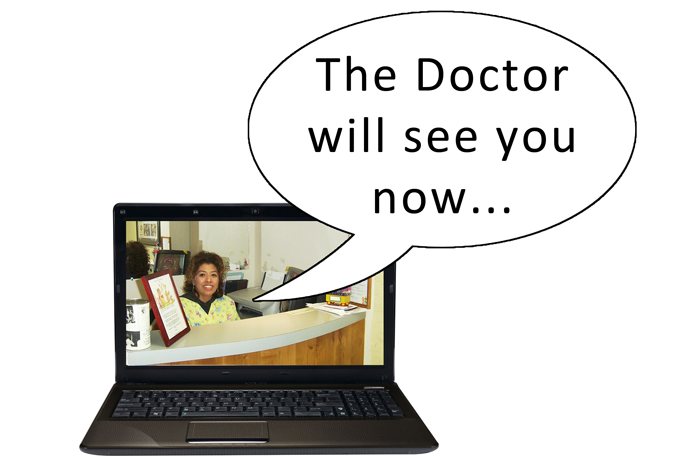GPs to Consult Patients through Social Media
In the future we will see GPs consulting with patients via social media, according to a vision statement published by the Royal College of General Practitioners yesterday.

In ‘The 2022 GP: A Vision for General Practice in the Future NHS’ the College stated that by 2022, patients will expect to be able to access GPs remotely, to attend virtual clinics with GPs and specialists, and to communicate with their physician through text messaging and social media and platforms such as Skype.
The College highlighted how GPs will be expected to respond to the “almost ubiquitous” use of social media among younger people: it said that “around 95% of 16–20 year-olds and 74% of 20–25 year-olds used Facebook each month. To this generation, the traditional face-to-face consultation will no longer be accepted as the ‘default’ way to access care.” In 2022 patients will expect to interact virtually with their general practice team through mobile technology, supported by access to their online medical records, and to receive electronic prescriptions and referrals. The GP of the future will also be expected to use eHealth technology “strategically” to add value to patient care, for example by increasing accessibility for certain hard-to-reach groups (like young people) and by preventing unnecessary admissions by greater provision of home care.
This latest prediction provides expands on the potential for physician usage of social media, and follows a previous study by Elsevier which found that 65 per cent of physicians were already using online physician communities for advice in their daily practice. Of the physicians interviewed by the study, 60 per cent said that information gained from these online communities influenced their healthcare decisions. “One of the most useful take home messages to emerge from our research is that over three quarters of all physicians are likely to be involved in online physician communities in the coming five years,” said Sanne Visser, Strategic Marketing Manager from Elsevier Health Sciences.
An eyeforpharma report also revealed that 73 per cent of physicians are taking advantage of digital technology to search for information online while treating patients. “The physician has a certain profile, but in the end they are a reflection of the general population in some ways. Like everybody else, they are becoming more mobile,” says Timothy White, Digital Commercialization Head, Novartis Region Europe.
The College points out that “simply increasing the quantity of face-to-face GP consultations alone will not be a cost-effective or sustainable strategy for achieving increased capacity and meeting growing demand, especially given the need to provide longer consultations to patients with more complex needs.” In this light, it seems inevitable that there will be a greater use of remote consulting and mobile technology in the future. In order for this to happen, GPs will need to be “skilled in using a suite of new and flexible tools for communicating with patients, including telephone, email and various online forms of consultation. This will include online group discussions, where appropriate, for example, patients with long-term conditions where peer-to-peer support and shared experience can be particularly valuable.”
